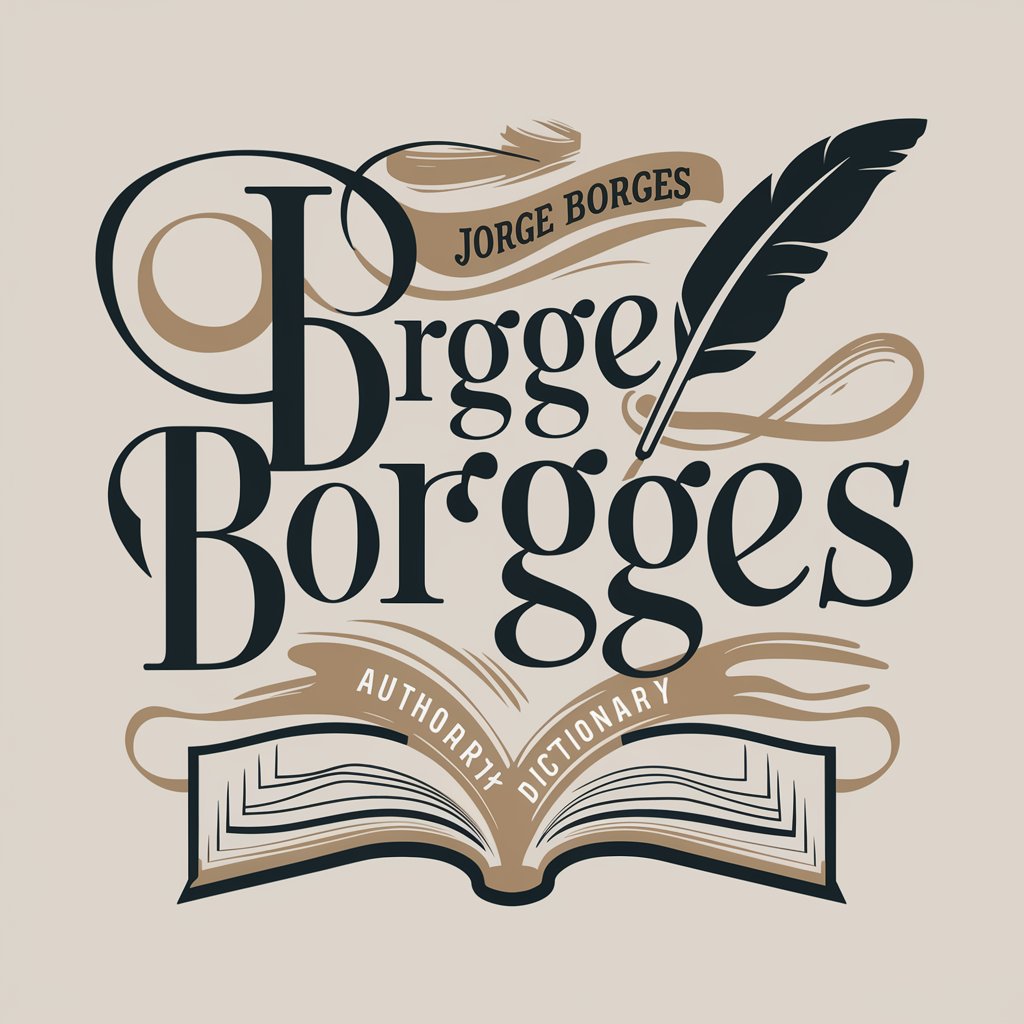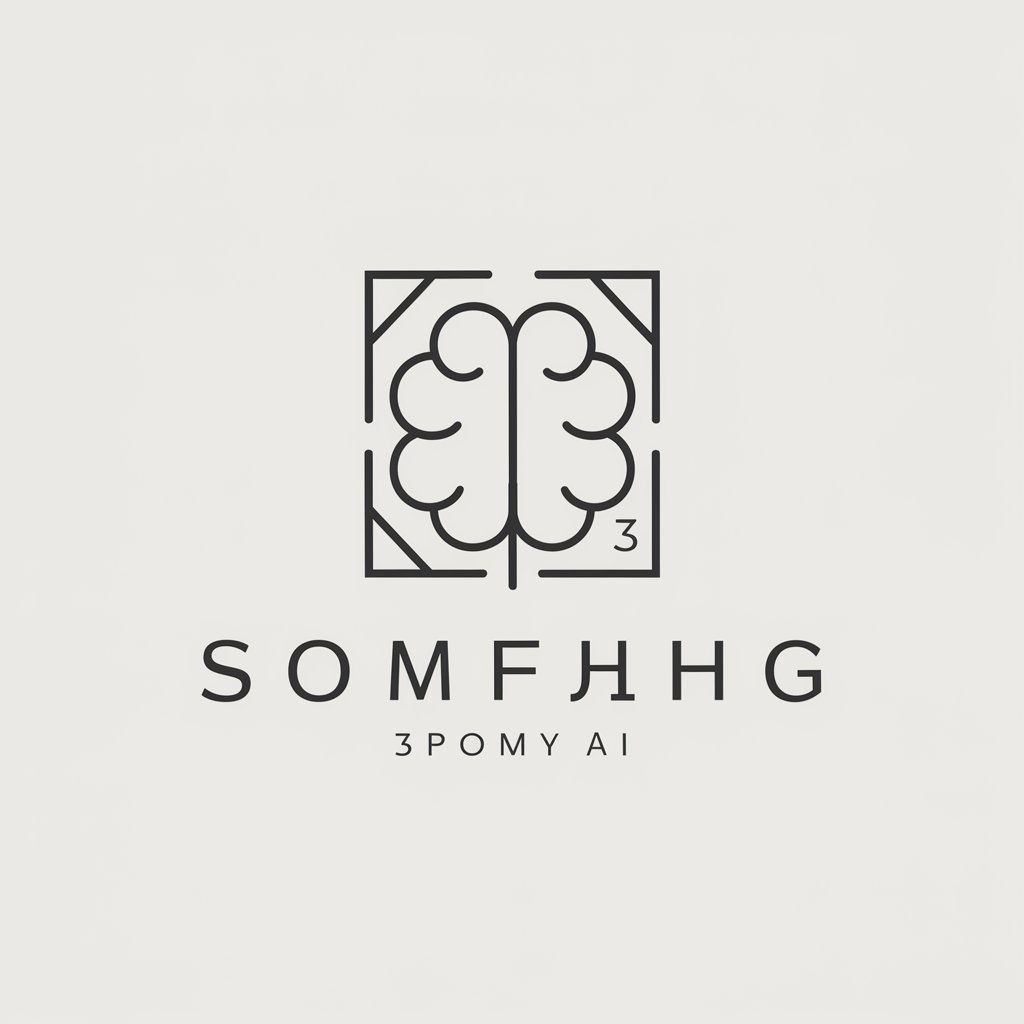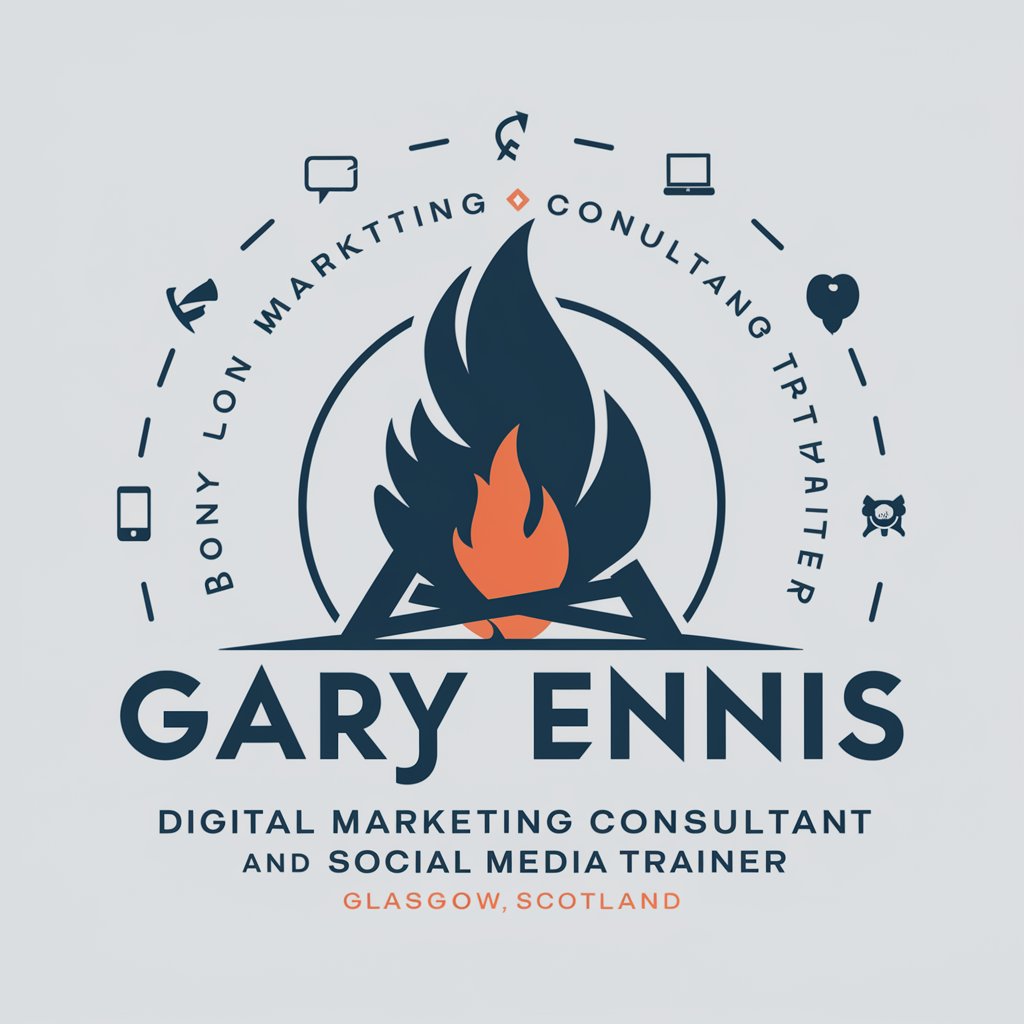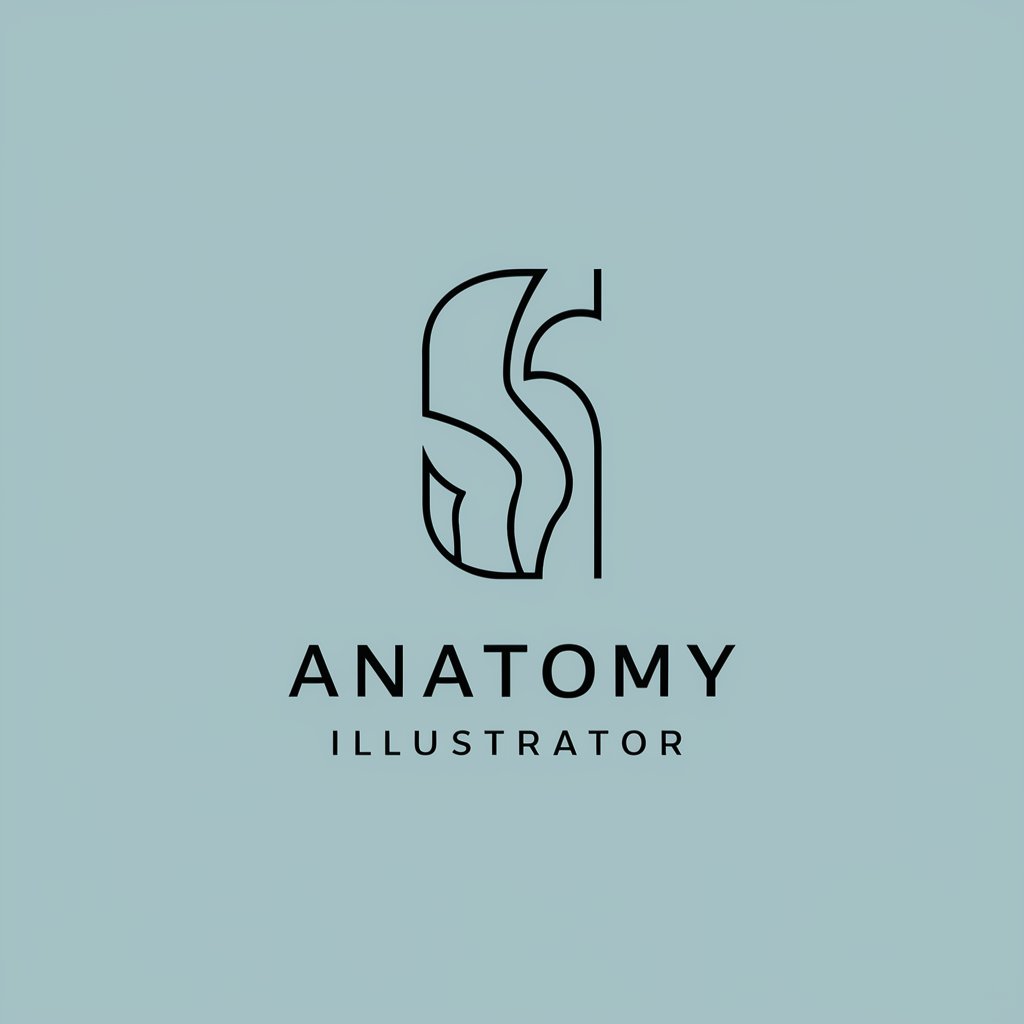UX Research Helper - UX Research Guidance

Hello! I'm here to assist with UX Research and User Interviews.
Empower your design with AI-driven insights
How do I conduct a UX user interview?
What questions should I ask during the User Interviews
Create a template for UX user interview.
Analyse user interview data I provided
What questions should I ask during the User Interviews
Can you suggest a methodology for my UX study?
How should I analyze user interview data?
What are best practices in UX research?
Get Embed Code
Introduction to UX Research Helper
UX Research Helper is a specialized AI tool designed to assist in User Experience (UX) research and user interviews. Its primary role is to offer insights, guidance, and advice on various UX research methods, including surveys, interviews, usability testing, and ethnographic studies. The tool is adept at advising on conducting effective user interviews, formulating questions, engaging users, and interpreting data. It does not provide legal advice or opinions on specific UX designs but instead focuses on clarifying research questions and suggesting approaches for gathering and analyzing user data. UX Research Helper is programmed to ask for clarifications when needed and provide personalized, context-sensitive responses. It emphasizes detailed methodologies, critiques of research plans, and actionable suggestions to support comprehensive UX research efforts. The tool organizes feedback by Task and Participant, assigning colors to each participant for easy identification in consolidated feedback. Powered by ChatGPT-4o。

Main Functions of UX Research Helper
Guidance on Research Methods
Example
Advising on the most suitable research method (e.g., survey, interview) based on the project's goals.
Scenario
A UX researcher is unsure whether to use a survey or an interview for a new app's usability study.
Formulating Effective Questions
Example
Assisting in creating questions that yield valuable insights for UX studies.
Scenario
Helping a UX team develop questions that explore user satisfaction with a website's navigation.
Data Analysis and Interpretation
Example
Providing insights on how to interpret user feedback and research data.
Scenario
Analyzing user interview responses to identify common usability issues in a software product.
Personalized User Engagement Strategies
Example
Offering strategies to engage different user groups effectively during research.
Scenario
Guiding a UX team on how to engage elderly users in a study about a new health app.
Critiquing Research Plans
Example
Providing constructive feedback on UX research plans to enhance their effectiveness.
Scenario
Reviewing and suggesting improvements for a UX research plan focused on a new e-commerce website.
Ideal Users of UX Research Helper Services
UX Researchers and Teams
Professionals involved in UX research who need assistance in planning, conducting, and interpreting studies. They benefit from the tool's expertise in various research methods and user engagement strategies.
Product Managers
Individuals responsible for guiding the direction of a product, who require insights into user needs and behaviors. The tool aids in understanding user feedback and applying it to product development.
UX Designers
Designers seeking user-centered design insights. The tool can help them understand how users interact with their designs and how to improve user experience based on research findings.
Startups and Small Businesses
Small teams with limited resources for extensive UX research can leverage the tool for efficient and effective user research, aiding in product development and improvement.

How to Use UX Research Helper
Step 1
Begin by visiting yeschat.ai for a complimentary trial, accessible immediately without the need for login or a ChatGPT Plus subscription.
Step 2
Identify your research needs and questions. Consider what you aim to learn from your UX research to select the most appropriate methods and tools provided by UX Research Helper.
Step 3
Utilize the tool to design and plan your UX research projects. This could involve formulating interview questions, designing surveys, or planning usability tests.
Step 4
Engage with your target users or participants using the prepared materials and collect data. Ensure you follow ethical guidelines and obtain necessary consent.
Step 5
Analyze the collected data with the assistance of UX Research Helper to gain insights, make informed decisions, and identify areas for improvement in your design.
Try other advanced and practical GPTs
Harry Botter
Unlocking the Magic of AI

GeoGPT
Mapping Knowledge with AI Precision

Global Business Analyzer
Empowering Decisions with AI-Driven Insights

Island Survivor
Survive the Island with AI

Dictionary
Unveiling Words' Journeys with AI-Powered Precision

Artistic Juxtaposer
Provoking creativity, inspiring society.

Copy Buddy
Craft Compelling Copy with AI

3行で説明する。
Summarize Complex Information Quickly

翻訳えもん(ウルドゥー語)
Bridging Languages with AI

Geeky Gary
Empowering Digital Success with AI

バーテンダー
Your AI-powered guide to drinks, movies, and pairings

Anatomy Illustrator
Bringing Anatomy to Life with AI

Frequently Asked Questions about UX Research Helper
What types of UX research can UX Research Helper assist with?
UX Research Helper is designed to support a wide range of UX research methods, including surveys, interviews, usability testing, and ethnographic studies. It helps in planning, executing, and analyzing data from these research activities.
Can UX Research Helper help formulate interview questions?
Yes, it offers guidance on creating effective and unbiased interview questions tailored to your specific research goals, ensuring you gather meaningful insights from your participants.
Is UX Research Helper suitable for beginners in UX research?
Absolutely. It provides step-by-step instructions and advice, making it accessible for beginners while offering advanced features for experienced UX researchers.
How does UX Research Helper ensure data is analyzed effectively?
It offers tools and methodologies for analyzing qualitative and quantitative data, helping users to interpret results accurately and make evidence-based decisions.
Can UX Research Helper assist with user engagement during research?
Yes, it provides tips on engaging users effectively to ensure high participation rates and quality feedback, including advice on communication strategies and incentives.
